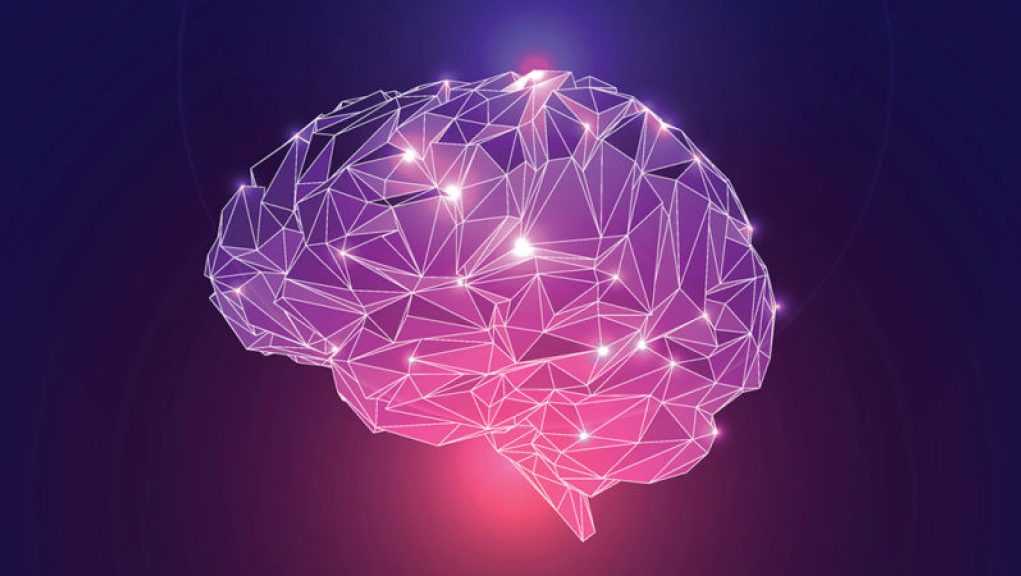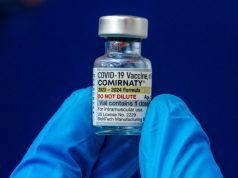Klotho, the ancient Greek goddess of fate, is responsible for spinning the thread of life. In the human body, a protein with the same name might also be able to bring some life back to an aging brain.
In a groundbreaking study published today in the prestigious journal Nature Aging, researchers at Yale and the University of California, San Francisco have made a remarkable discovery. They found that a single injection of the klotho protein led to significant improvements in cognitive function in older monkeys, with the effects lasting for an impressive two weeks. This exciting breakthrough suggests that the klotho protein could hold the key to rejuvenating brain function in older adults.
“Cognitive decline from aging is one of our most pressing biomedical problems without truly effective medicines,” says Dena Dubal, a distinguished professor of neurology at UCSF and the senior author of the study. After accidentally discovering the cognitive benefits of klotho in mice during previous research, Dubal explains, “it became important to test this in a brain like ours.”

Produced by the kidney, klotho circulates in the blood and has been linked to health and lifespan. Renowned kidney specialist and professor of internal medicine at the University of Texas Southwestern Medical Center, Orson Moe, describes it as a vital housekeeper that helps regulate the kidneys and metabolism. “It protects us and keeps us healthy,” he says.
The klotho protein was first discovered in 1997 by pathologist Makoto Kuro-o at the National Institute of Neuroscience in Tokyo. Kuro-o’s groundbreaking research revealed that mice lacking klotho experienced a syndrome resembling human aging, including heart disease, cancer, cognitive decline, and organ failure. Further studies showed that mice with higher levels of klotho lived significantly longer than those with normal levels.
In humans, higher levels of the klotho protein have been associated with various health benefits. Although klotho levels naturally decrease with age, some individuals have higher levels than others. In a comprehensive study conducted in 2014, Dubal and her colleagues examined over 700 participants aged 52 to 85. The results showed that individuals with higher levels of the protein, approximately one in five people studied, performed better on thinking and memory tests.
Advertisement
In a previous study with mice, the research team engineered mice to have elevated levels of the klotho protein, resulting in improved performance on maze tests compared to normal mice.
In the current study, Dubal and her coauthors aimed to determine if klotho would have similar effects on monkeys, which are often used as models for humans due to their genetic similarities. As individuals age, their working memory, the ability to hold information in mind, deteriorates. Dubal’s team tested the working memory capacity of 18 rhesus macaques, whose ages were equivalent to 65 in human years. The monkeys were required to remember the location of a hidden treat in an array of compartments, a common lab test chosen by the researchers because it relies on working memory and does not become easier over time.
Following a single low dose of klotho administered under each monkey’s skin, raising the protein levels to those present at birth, the researchers observed that the animals made correct choices more frequently than before the injection. The monkeys were tested on two versions of the task, an easier one with fewer compartments and a harder one with more compartments. Klotho improved their performance on the easier task by approximately 6 percent and on the harder version by about 20 percent, according to Dubal.
“This is very encouraging,” says Moe, who was not involved in the study.
Throughout the two-week study period, the monkeys underwent the task multiple times, and the team discovered that although klotho is broken down by the body within a couple of days after injection, the cognitive-enhancing effect persisted for the entire duration. “The fact that it can be given once and last for two weeks seems great, although we don’t know at this point whether repeated administration would work again,” says Eric Verdin, CEO of the Buck Institute for Research on Aging, who was not involved in the study.
In previous studies with mice, both low and high doses of klotho were found to enhance cognition, improving performance in various maze tasks that challenge learning and memory. However, when Dubal’s team administered doses of 10, 20, and 30 micrograms per kilogram of body weight to monkeys, the benefits plateaued at the 10-microgram dose. This raises an important consideration for researchers as they contemplate potential klotho injections in humans. Verdin emphasizes that “more is not always better” when it comes to dosing.
A recent medical breakthrough has come in the form of a modified protein injection that shows promise in enhancing cognitive abilities in monkeys. Researchers at the German Center for Neurodegenerative Diseases recently published findings in the journal Nature Medicine, outlining the effects of this new injection.
The protein injection in question comes from a family of “modular receptors”, with which cells use to communicate and interact with each other. A type of receptor known as “ErbB4” has been seen to be expressed in a specific area of the brain that’s related to cognitive performance. Thus, the researchers in this study looked into how a modified version of ErbB4, which they call ephrinB2-Fc, could be used to enhance cognitive performance in monkeys.
The researcher conducted a series of experiments to test the effects of the injection. Monkeys were given different IQ tests before and after the injection and the results showed that those who were treated with the ephrinB2-Fc injection proved to be more memo-resistant than those who weren’t. The treated group also showed better performance on tests related to problem-solving and working memory tasks.
The injection was then tested in human subjects, where it was found that the treated participants showed similar signs of cognition enhancement.
The researchers concluded that the injection could be used in the future to help treat cognitive decline patients. While the effects of the injection are still in the early stages of research and development, these initial findings definitely present a promising new addition to the existing treatments of neurodegenerative diseases.




















